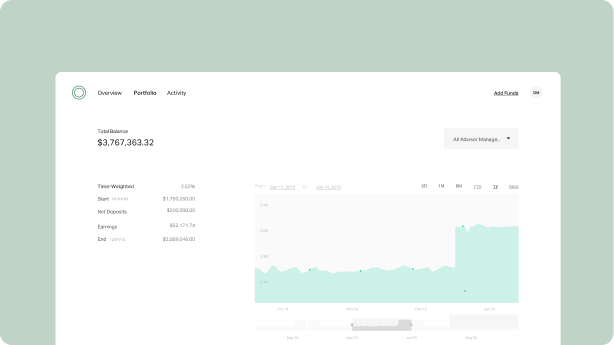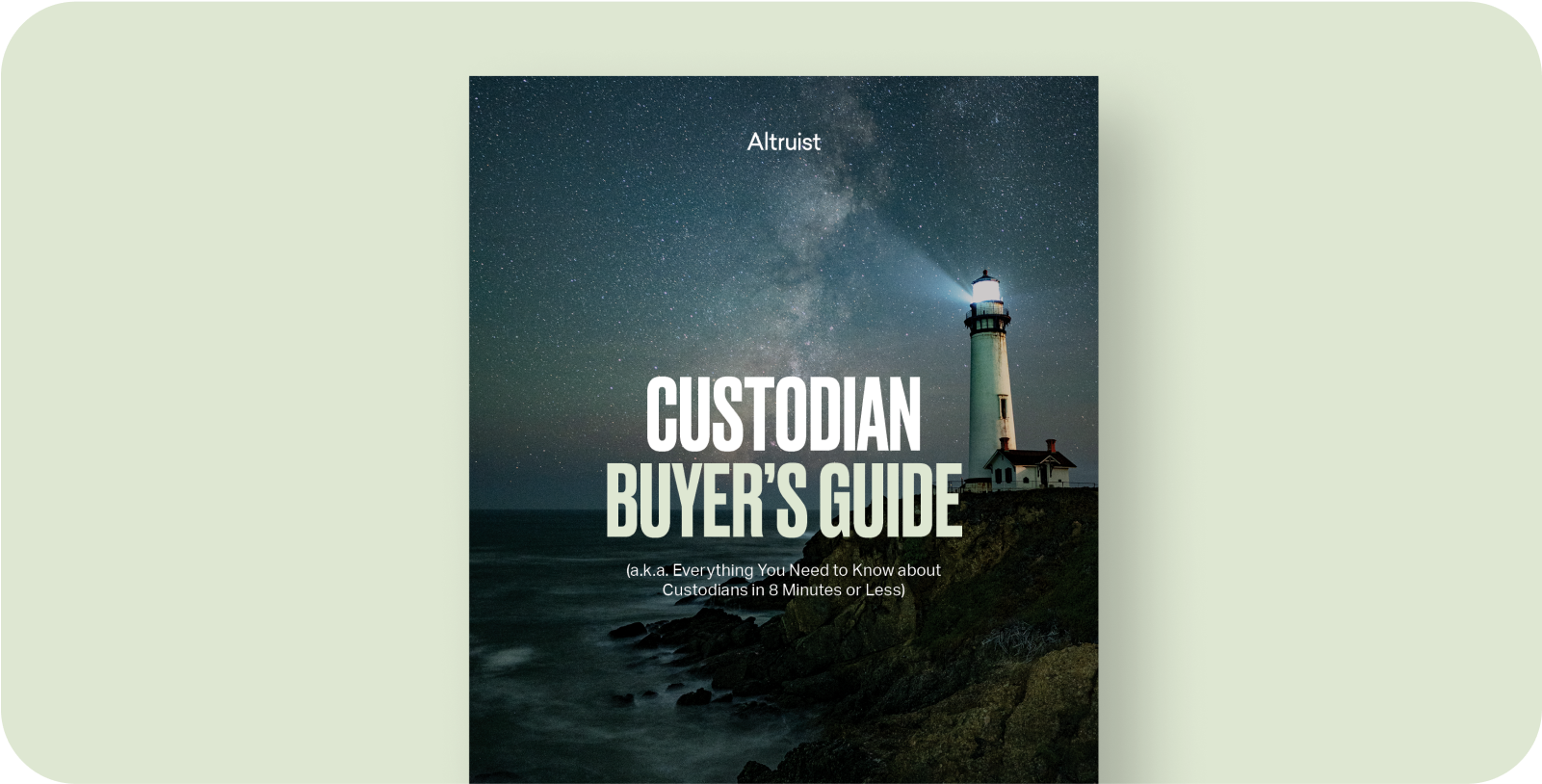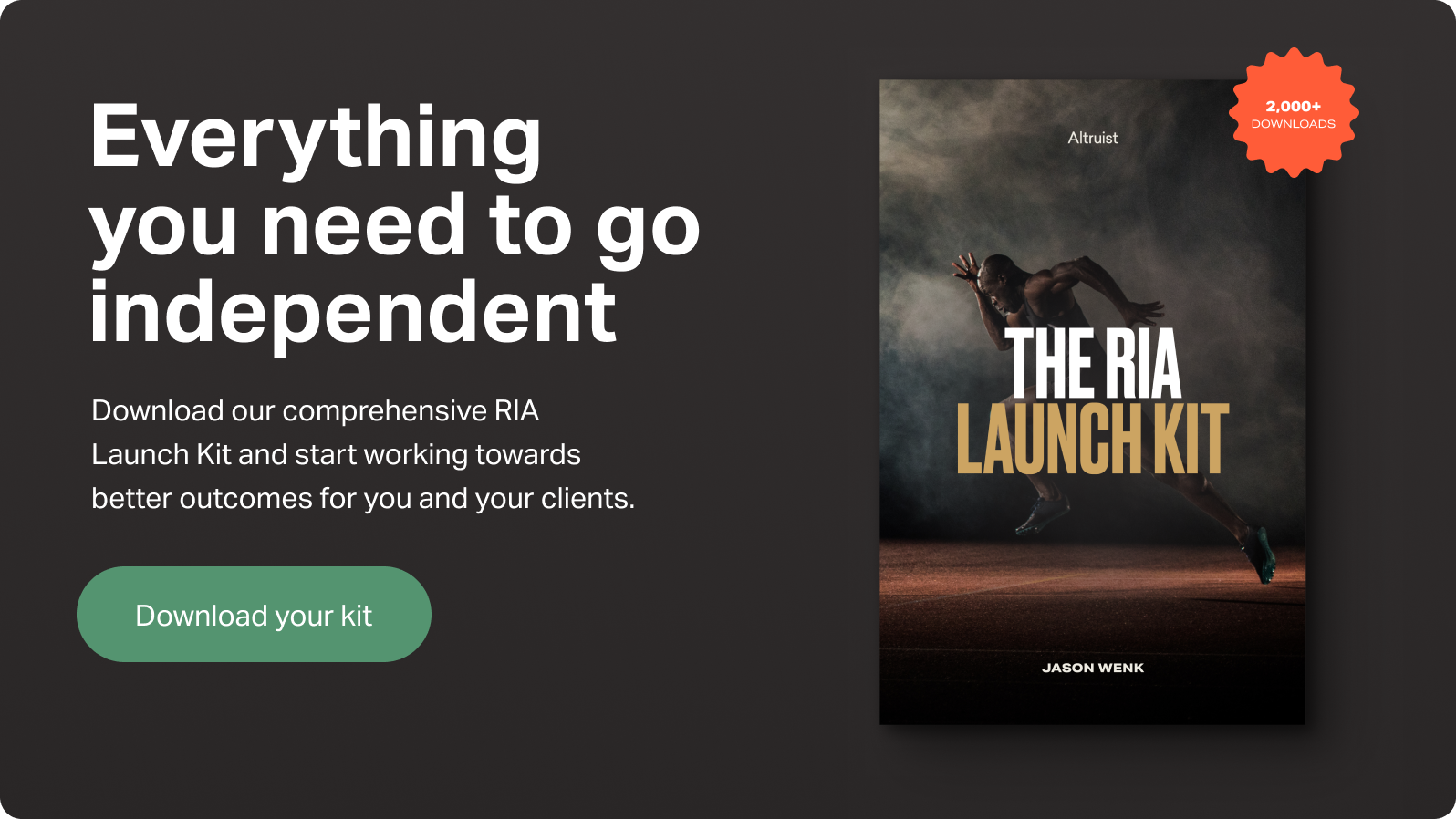Have you ever considered starting your own firm, but have wondered if it's right for you? It may seem overwhelming, but the potential benefits for you may outweigh the cons.
As a business owner, you're in control of how you run your practice and how you interact with clients. To help you further explore, here are eight signs that might indicate that you're ready to strike out on your own with advice from advisors who’ve done it.
1. You believe you can serve clients better.
“If you believe there's more to helping a client than just putting them in an investment portfolio, this is probably the best way for you to help those people.” — Phil Telpner, Breakout Private Wealth
Every client is unique, and going independent may be the best way for you to serve them.
Within a wirehouse, you have little control over the processes you follow to serve clients. You know your client’s financial picture best, and you may realize they have needs you can’t meet within the firm’s limits.
Without the restrictive, sales-focused processes of a large company, you can apply your expertise to provide personalized, one-on-one service to your clients. Starting your own firm gives you control over the experience you provide, and the tools and investment strategies you employ to maximize client outcomes.
2. You want to build an asset of your own.
When you work for a wirehouse, all the work you put in contributes to someone else’s company. Any business you bring in or grow, any value you add, grows their asset, and there’s nothing for you to gain when you’re ready to move on.
Running your own business is an opportunity to build your own asset that you can leverage or sell in the future. All the time and sweat you pour into growing the business comes back to you directly in the form of more valuable equity.
3. You have a clear vision for the direction you want to go.
“Freedom was a long-term goal. In the short-term, I knew that I would be working more hours and spending more time building my business.” — Trent Grzegorczyk, micapital
This is key: Starting your own business must be more than an exit plan from a firm that makes you unhappy. To succeed independently, you have to have something to aim for, not just something to run away from.
Before you break away, consider what you want to build; what are you excited to achieve? It might be a small advisory shop where you provide one-on-one service to your top clients. Or maybe you want to build a large company that reaches far beyond what you can do alone.
4. You have strong client relationships.
“In the end, it's a free country and a free world. And a client should be able to have a relationship with the advisor that they want. … A wirehouse does not, in my opinion, own anybody.” — Phil Telpner
Don’t be afraid of losing your clients when you break away.
Some will inevitably decide to stay with the firm, and some you won’t want to bring with you. Assemble a list of clients you most enjoy working with, and trust your gut about who would be willing to come along with you into your next phase.
Don’t build this list solely based on asset level. As you start your new business, you’re going to want a loyal cohort of clients who are willing to go along as you experiment and get your bearings.
You don’t have to invite most of your clients to follow you. Reach out to those on your list of ideal clients, and let them know where they can find you if they’re interested. Temper your expectations. Not all of your clients will follow you, but that’s OK. Those who do are showing you they’re your best fit.
Disclaimer: Prior to going independent, advisors should review any agreements which prevent them from porting their existing book of business or contacting clients while still employed by their firms.
5. You’re invigorated at the prospect of running a business.
“Now you're faced with a whole other challenge—running a business with a high compliance hurdle. And, by the way, you also need to be profitable!” — Phil Telpner
When you’re independent, you’re both an advisor and a business owner.
These are two distinct roles, and you should be prepared and excited to wear both hats.
You’re already a strong advisor. As you think about going independent, study what it takes to run and grow a business so you’re prepared to hit the ground running—from accounting to expenses, taxation, personnel and maintaining a workspace.
Sales and marketing tend to be the major challenges new business owners face. You come with the skills you need to deliver stellar service to your clients, but inside a wirehouse you never had to develop your own sales and marketing skills. A sales funnel brought prospects right to you. Now you have to do the work of drumming up business in addition to serving clients.
6. You’re financially prepared to weather starting up a business.
"Starting any business is a risk in which you have to be mentally prepared to pay the cost, whatever it may be.” — Dasarte Yarnway, Berknell Financial Group, to U.S. News
Everyone who’s done it is clear: Starting your own business isn’t easy.
You’ll face unexpected costs and make mistakes. You’ll have to spend time learning and experimenting before you settle into a groove of running the business the way that works best for you.
Prepare yourself and your family for potential financial challenges and surprises during your first year to 18 months in business. Take stock of your household income and savings to assess whether you can withstand a significant change to your income.
7. You feel security in autonomy.
“Freedom, for me, is the ability to be 100% in control of my own destiny and to plan exactly what I want my day to look like, every single day.” — Trent Grzegorczyk, micapital
Some people get a sense of freedom from job security because knowing where their next paycheck is going to come from frees them from worry. Others, however, worry about resting their entire livelihood on a company they don’t control.
Which bucket do you fall in?
Working as an employee in any industry means a lack of control over much of your destiny, including where, how, and with whom you work; how much you can earn; and whether you get to keep your job when budgets or priorities change.
8. You understand the economics of running a business and have a desire to build your own cost structure.
When you build your practice within the wirehouse infrastructure, that firm owns and controls your revenue stream. When you build your own book of business independently, you’re building your own equity as you grow your client base and assets.
You’ll also probably find you can run lean compared with a large firm as you prepare to set up your own processes, tools, and strategies. Many resources are available for free or low cost, so you can operate at a fraction of the cost and have the same or even greater impact.
If you do decide that going independent is right for you, just know that there are many ways you can approach starting your firm. So before you begin, it may help you to have a clear vision of what your ideal work environment will look and feel like. Keeping that feeling front of mind will help you stay motivated if the road gets a little turbulent. However, through your hard work and determination, you can succeed and be your boss–and the rewards may very well exceed all your expectations. Good luck!
To learn more about going independent, check out additional resources here.











